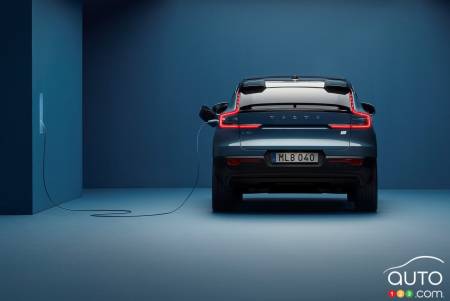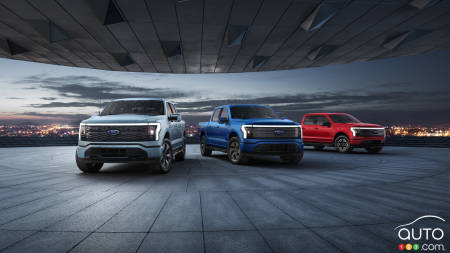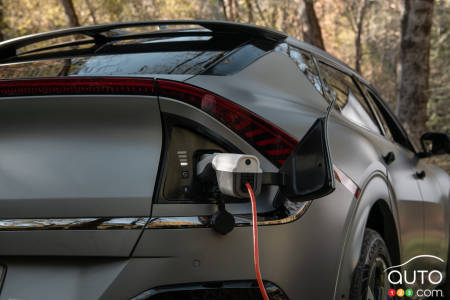The shift to electric cars is well underway across the industry. However, while automakers are by and large onboard with the transition, the fact remains they still face a daunting challenge convincing large portions of the population to join them.
Yes, electric-vehicle sales are growing across North America, but in most regions not called California, British Columbia or Quebec, they remain marginal. And, of course, the current supply-chain crises that are making it more difficult to obtain an EV are not helping. The shortages will be temporary, but will buyers’ concerns be as well? If large numbers of potential buyers resist taking the plunge, the transition to electric will be a more drawn-out affair. Vice versa is also true.
We’ve been treated to a number of surveys in recent years that try to get a handle on what motivates or holds back buyers. The latest one comes from the Autolist group, and while it does reveal some new trends, many of the concerns are nothing new. It should be noted that the survey was conducted between May 11 and 18 of this year and that 1,355 respondents, the majority of them American, participated via the group's website.
Browse cars for sale available near you

The first notable finding: anxiety related to range is no longer the main fear among would-be buyers in North America. This is good news for some, but any optimism should be qualified. It’s still the second-biggest concern, behind... questions of price. Indeed, 48 percent of respondents find new EVs too expensive, while 44 percent still cite range as a top concern. The third most common concern, identified by 36 percent of respondents, was infrastructure (charging networks, etc.).
“These are the same top three concerns that we saw in 2019 and again in 2021. While sales of EVs are slowly improving as more compelling models hit the market, consumers' impressions of electric vehicles aren't improving.”
- Autolist CEO Corey Lydstone
While incentives are available for some buyers (both in the U.S. and Canada), high prices are thus now the primary barrier to electric vehicle adoption, according to the findings by Autolist. First, 28 percent of respondents said they’re not willing to pay more for an EV than a gas-powered one. This is of course without taking into account the long-term benefits (no gas expenditures, lower maintenance costs), where the savings become real.

As for high fuel prices, 21 percent of respondents said the cost could never be high enough to steer them towards an electric vehicle. On the other hand, 12 percent mentioned that a gallon of gas at $6 would be enough to sway them. That's about $2 per litre here, based on current exchange rates.
Another study conducted by Kelley Blue Book (KBB) found that the dramatic rise in gasoline prices has led one in four buyers to consider switching from gasoline to electric vehicles. Note that hybrid and plug-in hybrid models are included and considered electrified vehicles by KBB.
Among dealerships, requests and questions about electric vehicles have exploded since gasoline prices have skyrocketed – and the same is true in our case, as every month the number of questions we receive about EVs continues to climb.

Other data collected by Autolist is more encouraging in terms of North American consumers’ evolving attitudes. Among other things, when it comes to model availability, 6 percent said the reason they’re currently not interested in an EV is because supply is so restricted. Availability is bound to improve over time. Perhaps even more importantly, 23 percent of hesitant buyers responded said they were not ready to move forward because they don't know enough about electric models. That too, with education, will change.
And for those who doubt it, let's remember this. When automobiles first appeared, more than 100 years ago, many were afraid to switch from their horses. Cars were too noisy and raised too much dust, the road network was not developed enough, gas stations were too rare, etc.
History repeats, as they say.
See also: Over Half of Consumers Worldwide Now Plan to Go Electric: New Study




